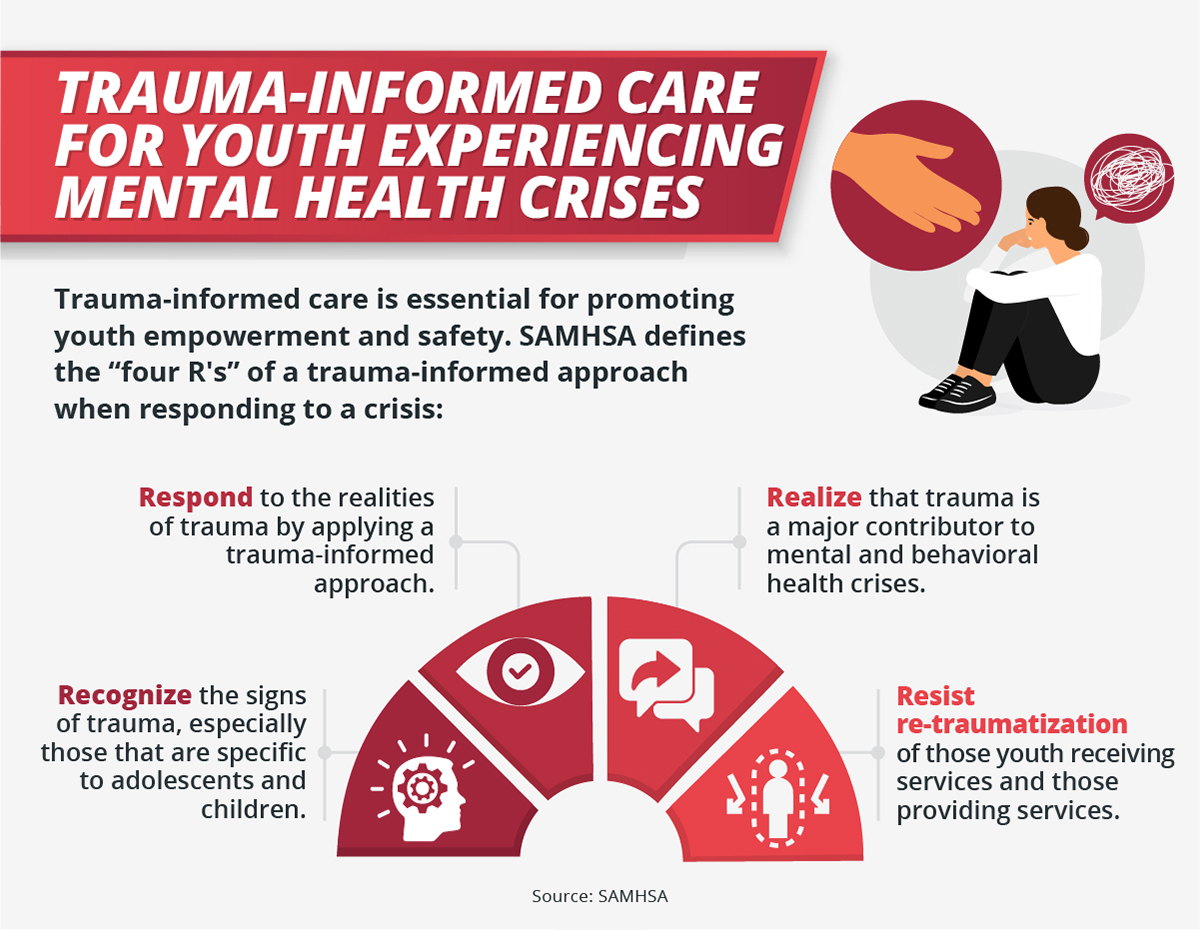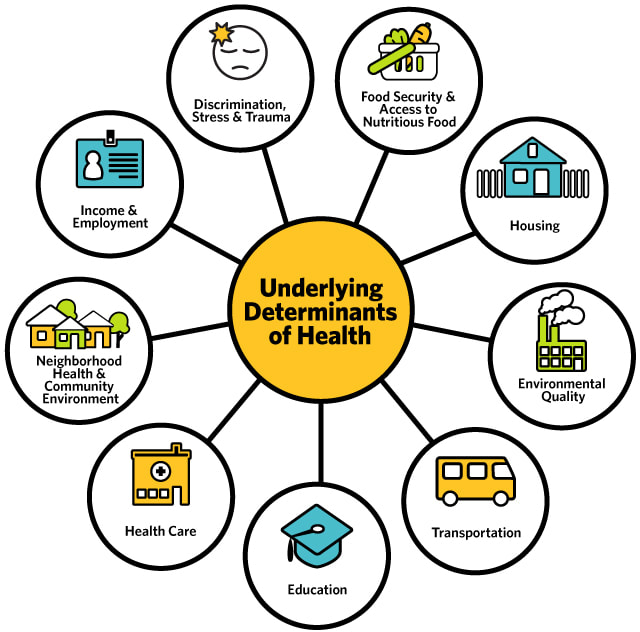Invest In Childhood: Preventing A Generation's Mental Health Crisis

Table of Contents
Early Intervention: Catching Mental Health Issues Early
Early identification and intervention are crucial for improving outcomes and reducing the long-term impact of childhood mental health challenges. Early diagnosis and treatment lead to better long-term results, potentially preventing more severe issues later in life, and significantly reduce healthcare costs associated with prolonged treatment.
Recognizing the Signs:
Identifying potential problems early is paramount. Common signs of childhood mental health issues include:
- Anxiety: Excessive worry, difficulty sleeping, physical symptoms like stomachaches, irritability.
- Depression: Persistent sadness, loss of interest in activities, changes in appetite or sleep, social withdrawal.
- ADHD: Inattention, hyperactivity, impulsivity.
- Oppositional Defiant Disorder (ODD): Defiance, anger, irritability.
- Autism Spectrum Disorder (ASD): Challenges with social interaction, communication, and repetitive behaviors.
Parents and educators can utilize resources like checklists and online screening tools to identify potential problems. Many reputable organizations offer these resources; search online for "[Your Country/Region] childhood mental health screening tools."
Access to Early Childhood Mental Health Services:
Access to affordable and accessible mental healthcare is vital. Pediatricians and family doctors play a critical role in early detection, often acting as the first point of contact. Community-based programs, such as early intervention services, provide crucial support and resources. These programs often offer therapy, counseling, and parent training, making them a valuable asset in the fight against childhood mental health issues.
Parental Support: Nurturing Mental Wellbeing at Home
Parents are foundational in a child's mental health journey. A nurturing home environment significantly impacts a child's emotional and psychological development.
Fostering Healthy Family Dynamics:
Open communication, emotional support, and consistent, positive parenting techniques are essential.
- Practice active listening: Truly hear your child's concerns and feelings.
- Establish clear boundaries and expectations: This provides a sense of security.
- Manage family conflict constructively: Resolve disagreements in a calm and respectful manner.
- Prioritize family time: Engage in activities that promote bonding and connection.
Parental Education and Resources:
Accessible resources and educational programs for parents are critical. Numerous websites, books, and support groups provide helpful information and guidance. Search online for "parent resources child mental health" to locate support in your area.
School-Based Programs: Supporting Children's Mental Health in Education
Schools play a vital role in supporting children's mental health. A comprehensive approach is essential.
Comprehensive School Mental Health Programs:
Effective programs include:
- Counseling services: Providing readily available support for students struggling with mental health challenges.
- Social-emotional learning (SEL) curricula: Integrating SEL into the curriculum to develop emotional intelligence and coping skills.
- Peer support groups: Creating safe spaces for students to connect with their peers and share experiences.
- Trained school staff: Equipping educators and administrators with the skills to recognize and support students with mental health needs.
Creating a Supportive School Environment:
A safe, inclusive, and anti-bullying school environment is paramount. Teachers and administrators should actively promote student well-being by fostering positive relationships and creating a culture of respect and understanding.
Societal Changes: A Collective Responsibility to Invest in Childhood
Addressing the childhood mental health crisis requires broader societal changes.
Reducing Stigma:
Open conversations and destigmatizing mental health challenges are essential. Promoting understanding and empathy can encourage children and families to seek help without fear of judgment.
Policy Changes and Funding:
Increased funding for child mental health services and research is crucial. Policies that support families and schools in promoting children's mental wellbeing are vital.
Access to Affordable Healthcare:
Universal healthcare or similar initiatives are necessary to ensure that all children, regardless of socioeconomic status, have access to essential mental healthcare services.
Investing in Childhood for a Healthier Future
Addressing the rising rates of childhood mental health issues is not just a moral imperative; it’s an investment in the future of society. Early intervention, parental support, school-based programs, and societal changes are all vital components of a comprehensive strategy. Let's all commit to investing in childhood and building a brighter, healthier future for the next generation. Learn more about how you can get involved today! Find local resources and support organizations by searching "[Your Location] child mental health support."

Featured Posts
-
 Arkansas Real Estate Keller Williams Adds Key Affiliate
May 02, 2025
Arkansas Real Estate Keller Williams Adds Key Affiliate
May 02, 2025 -
 England Vs Spain Womens World Cup Final Preview Predicted Lineups And Score Prediction
May 02, 2025
England Vs Spain Womens World Cup Final Preview Predicted Lineups And Score Prediction
May 02, 2025 -
 Fortnite Item Shop New Feature Improves Player Experience
May 02, 2025
Fortnite Item Shop New Feature Improves Player Experience
May 02, 2025 -
 Kshmyr Brtanwy Wzyr Aezm Kw Thryk Azady Ky Drkhwast
May 02, 2025
Kshmyr Brtanwy Wzyr Aezm Kw Thryk Azady Ky Drkhwast
May 02, 2025 -
 Confirmed Sabrina Carpenters Fortnite Appearance Date And Time
May 02, 2025
Confirmed Sabrina Carpenters Fortnite Appearance Date And Time
May 02, 2025
Latest Posts
-
 Evenements A La Seine Musicale 2025 2026 Guide Complet
May 03, 2025
Evenements A La Seine Musicale 2025 2026 Guide Complet
May 03, 2025 -
 Programmation La Seine Musicale 2025 2026 Concerts Spectacles Et Cinema
May 03, 2025
Programmation La Seine Musicale 2025 2026 Concerts Spectacles Et Cinema
May 03, 2025 -
 La Seine Musicale 2025 2026 Concerts Danse Cinema Et Jeunes Publics
May 03, 2025
La Seine Musicale 2025 2026 Concerts Danse Cinema Et Jeunes Publics
May 03, 2025 -
 Reform Uk Five Factors Contributing To Its Current Difficulties
May 03, 2025
Reform Uk Five Factors Contributing To Its Current Difficulties
May 03, 2025 -
 Five Potential Pitfalls For Reform Uk Analyzing Nigel Farages Party
May 03, 2025
Five Potential Pitfalls For Reform Uk Analyzing Nigel Farages Party
May 03, 2025
